Baden-Württemberg is a state where people like to eat and drink well, where they can enjoy to the fullest: at winegrowers' festivals, at "Hocketsen," as small village festivals are called here, in cozy taverns, "Besenwirtschaften" and star restaurants. And when you order wine, you're not just asked: red or white? Here, people like to go into a little more detail and discuss the advantages and disadvantages of Trollinger, Lemberger, Schwarzriesling, Riesling or Weißburgunder.
Half of Germany envies Baden-Württemberg for its Maultaschen (Swabian ravioli) with potato salad, lentils and spaetzle, or a proper roast beef with onions. Not so much for the sweeping week, for example (but yes, not only in the stairwell, but also outside on the sidewalk), not for the dialect ("We can do everything except High German") and not for the reputation that the locals can sometimes be a bit taciturn, not to say grumpy - "bruddelig", as they say here. But, in all seriousness, the people are not that wrong, you just have to take a second look. And in general "isch's hier scho schee" (already beautiful), not to say: simply great.
Baden-Württemberg is one of the most important travel regions in Germany. Here on the border with Alsace and Switzerland lie unique natural landscapes: the lonely valleys and plateaus of the Black Forest, of which 10,062 hectares have been national park for several years. The airy, sheep-maintained heaths of the Swabian Alb. The almost Mediterranean, light-flooded Lake Constance Region. And a little further north, the castles and medieval fortresses of Hohenlohe. The Tauber valley, the Kurpfalz ... These are all areas for cycling, hiking, enjoying and relaxing.
Everywhere you can unearth great cultural treasures, marvel at works of art spanning many centuries, immerse yourself in living traditions and customs. And, I promise you: In every village, no matter how small, you will meet lovable, stubborn people who are passionate about their life projects and are happy to tell you about them. Whether they are from Baden or Swabia is not so important. The people of both regions cultivate a - well, let's say: sporty-loving - rivalry with each other. As a guest, it's a good idea to have heard about this before. And not to take the matter seriously.
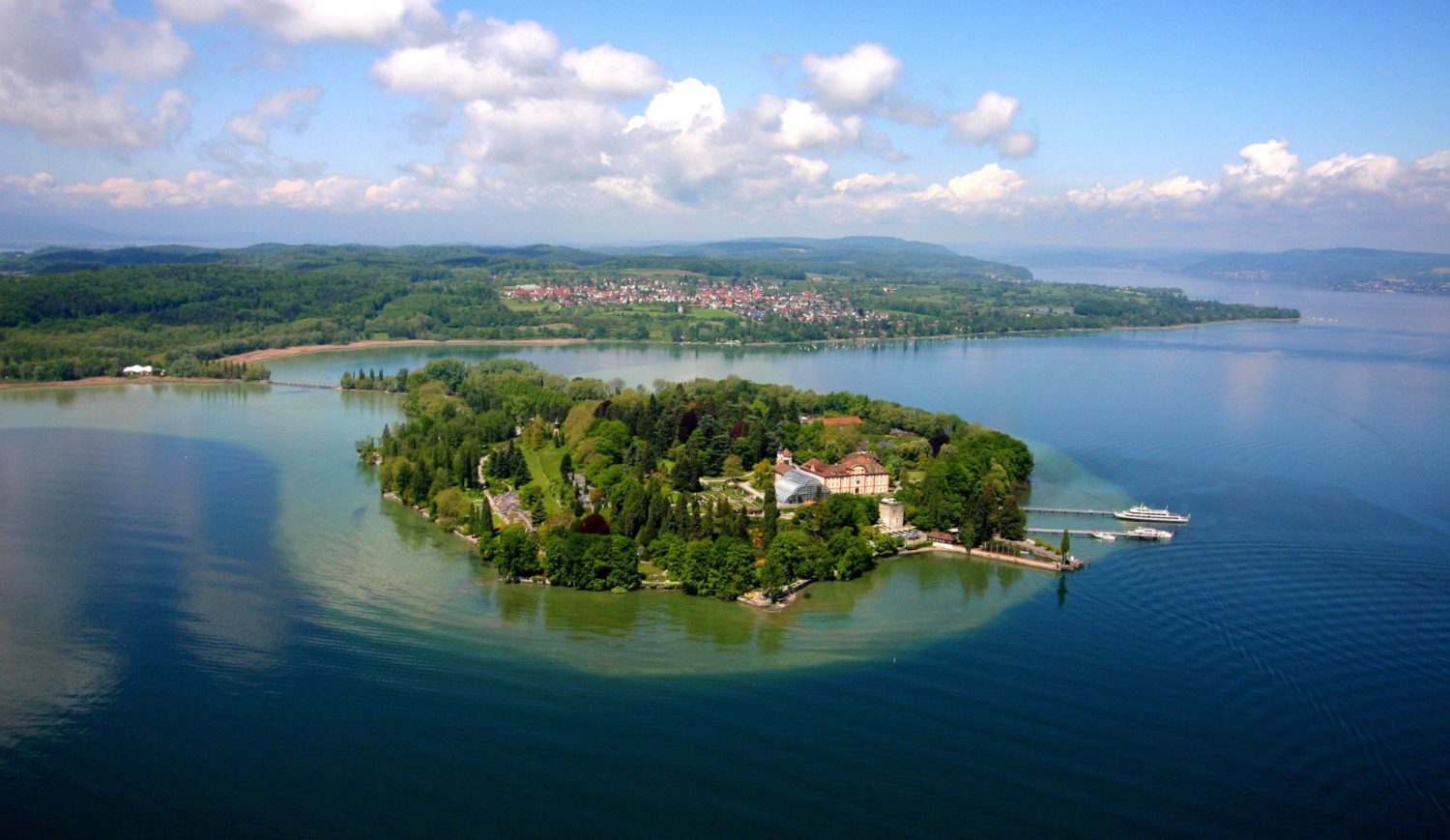
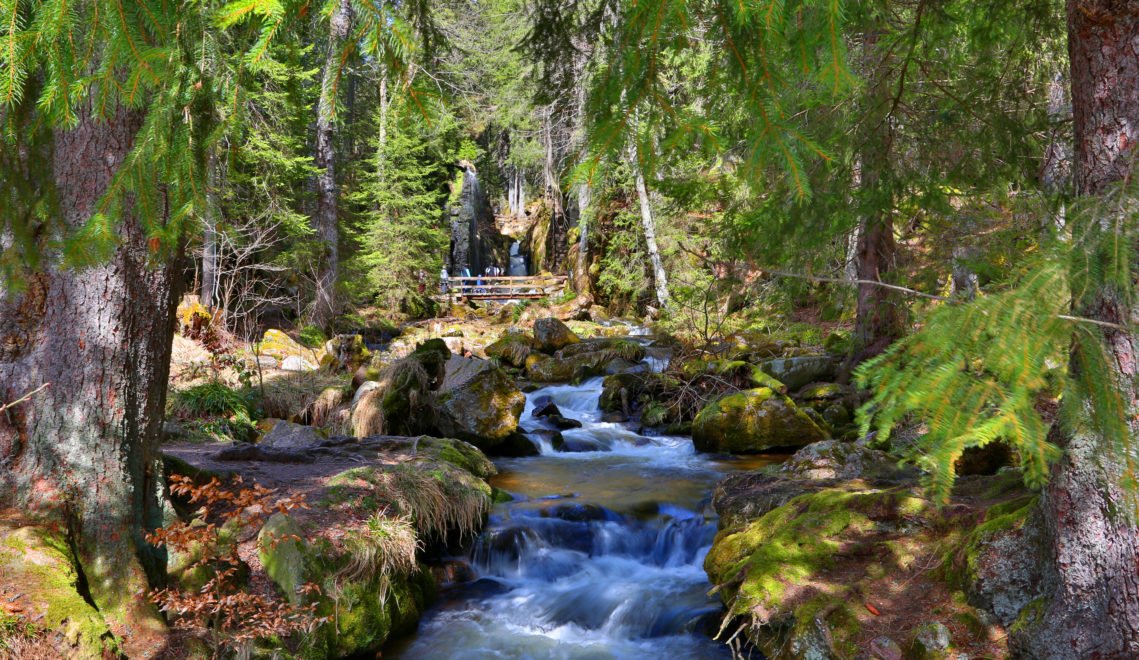
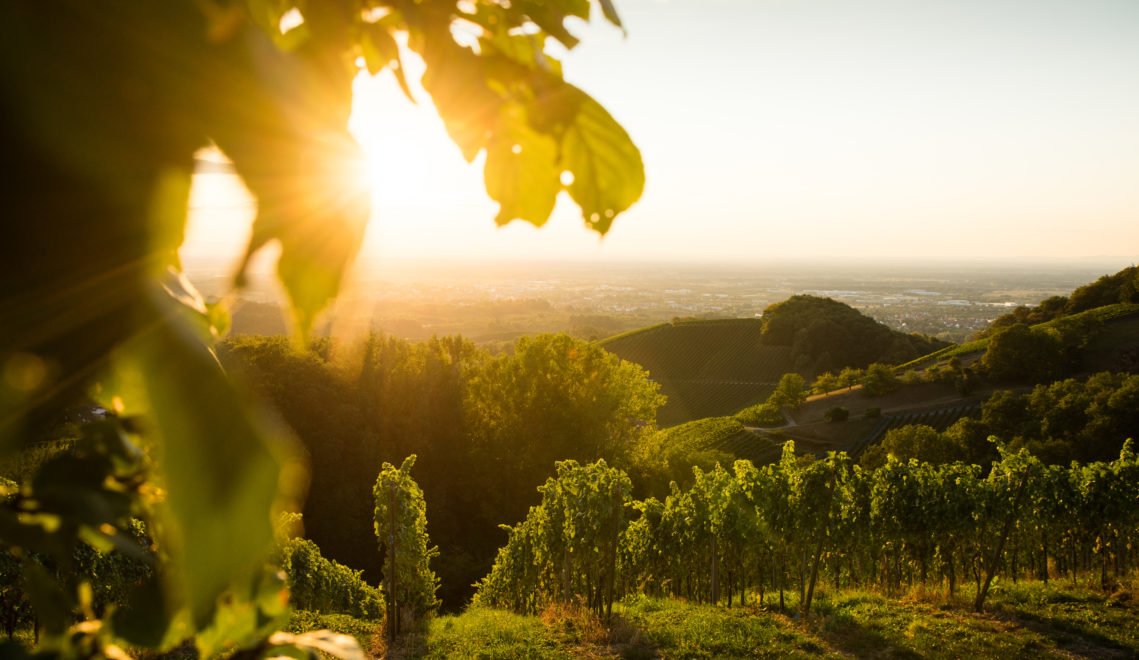

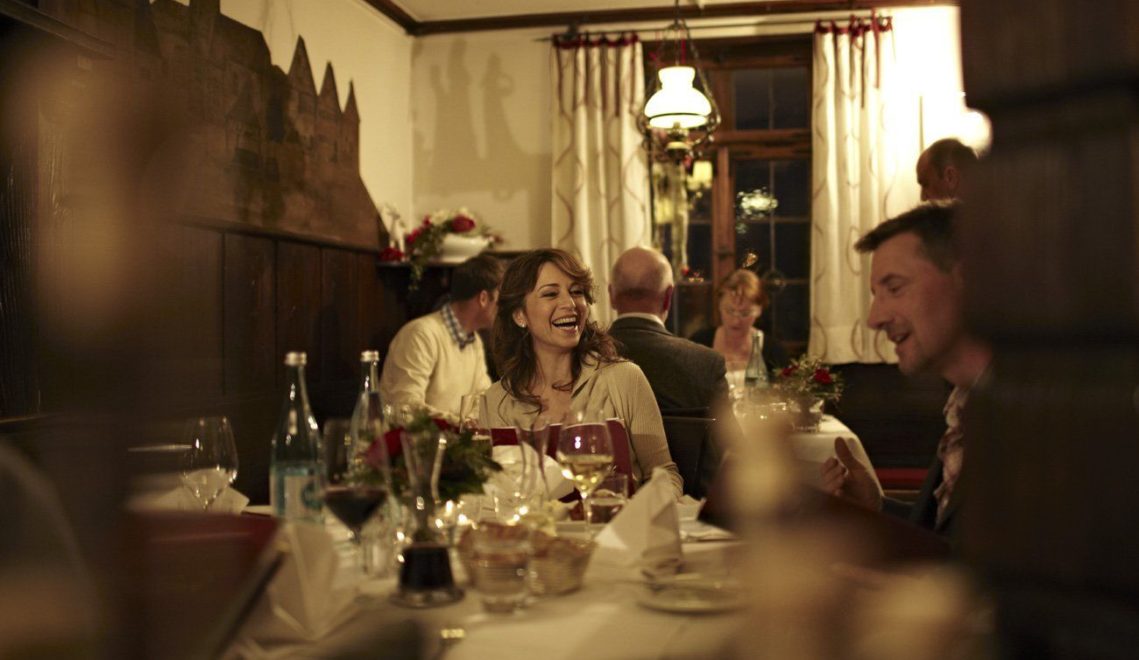
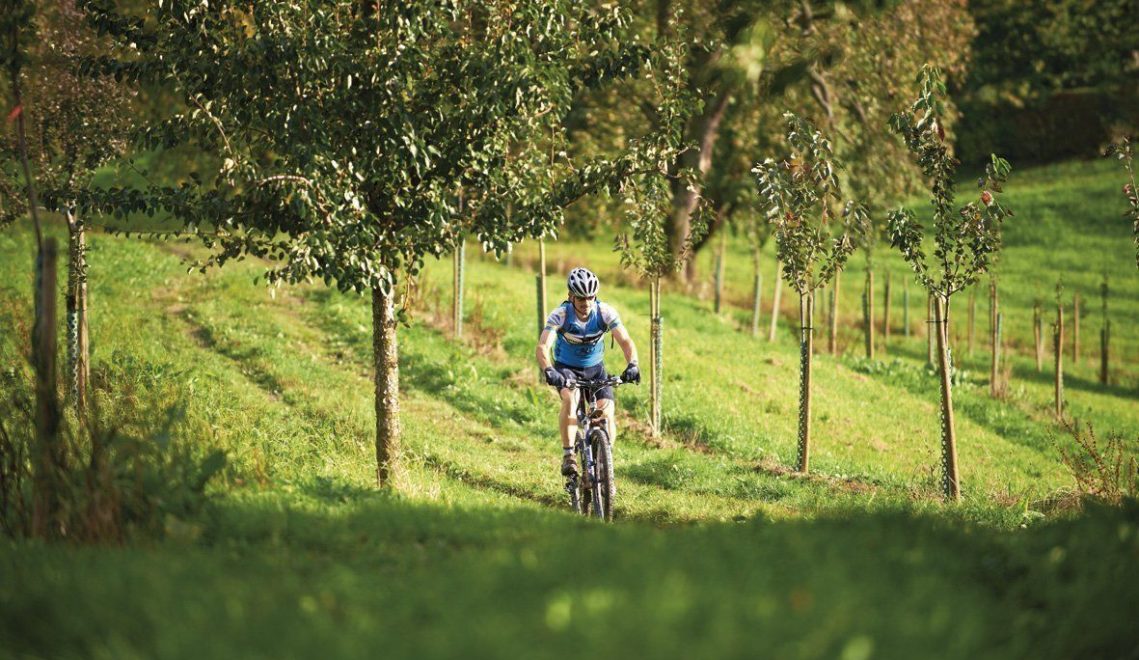
What else? Cities like the international-student Heidelberg with its romantic castle ruins above the Neckar must have visited, know that Mannheim has a pop academy and the Fantastischen Vier from Stuttgart come. At the same time, you will notice that the state capital is also blessed with a top-class museum culture, with great opera and several very interesting theaters. And if you want to go shopping without restraint, well, you go to the Boss Outlet Center in Metzingen on the Swabian Alb. There you are guaranteed to meet many locals.
Welcome to a state full of delightful contrasts - both scenic and cultural. From time immemorial, Baden-Württemberg has also produced such great personalities: inventors and geniuses such as Artur Fischer (Fischer-Dübel), Bosch, Daimler, Benz and Albert Einstein. Poets and thinkers like Schiller, Hölderlin, Hermann Hesse and Georg Wilhelm Friedrich Hegel. Politicians like Joschka Fischer and Richard von Weizsäcker and heroes like the two resistance fighters Hans and Sophie Scholl. So there are also many "very human" reasons for people in the southwest to be proud of their country. You can feel that everywhere - and that's why it's so much fun to discover this state.
More than a third of Baden-Württemberg's surface area is forest - to be precise, it's a lush 39 percent, crisscrossed by 30,000 kilometers of trails. So you won't get bored quickly out there in the fresh air. The state has seven nature parks, one national park and two UNESCO-recognized biosphere reserves, or let's put it another way: an infinite number of attractions for nature explorers. Cyclists can cover 8,000 kilometers, often along picturesque rivers like Danube, Neckar, Jagst or Kocher.
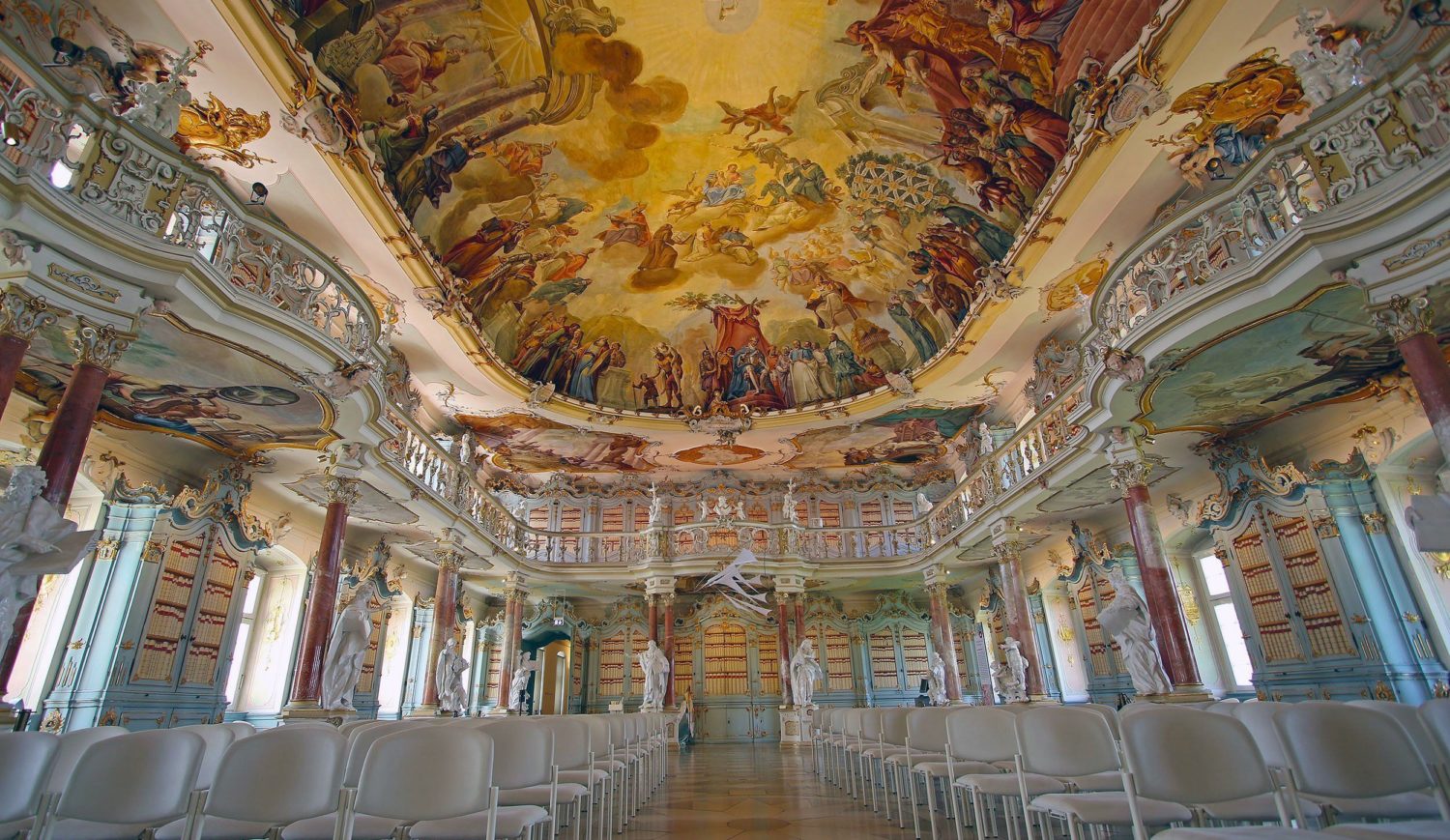
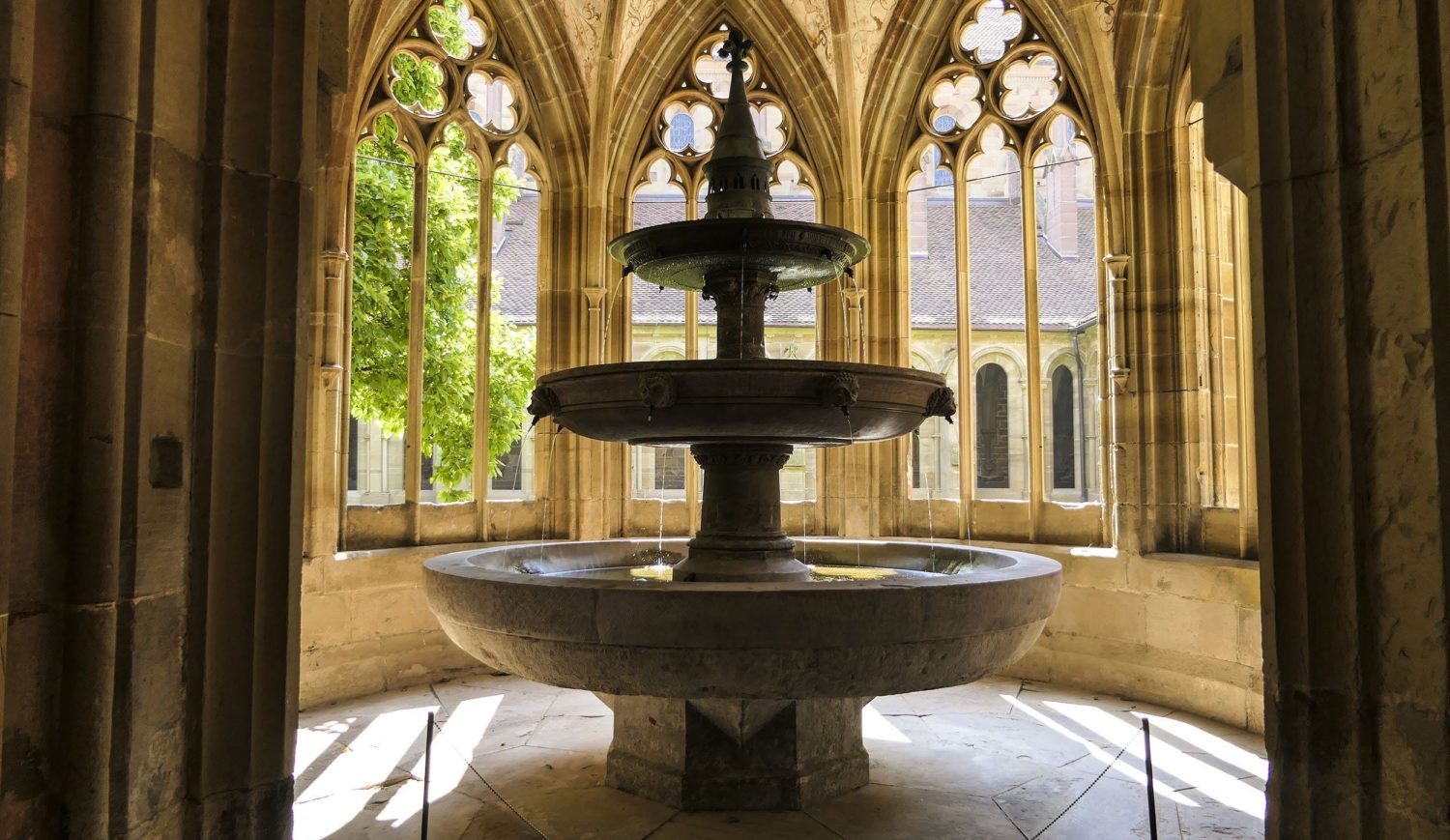

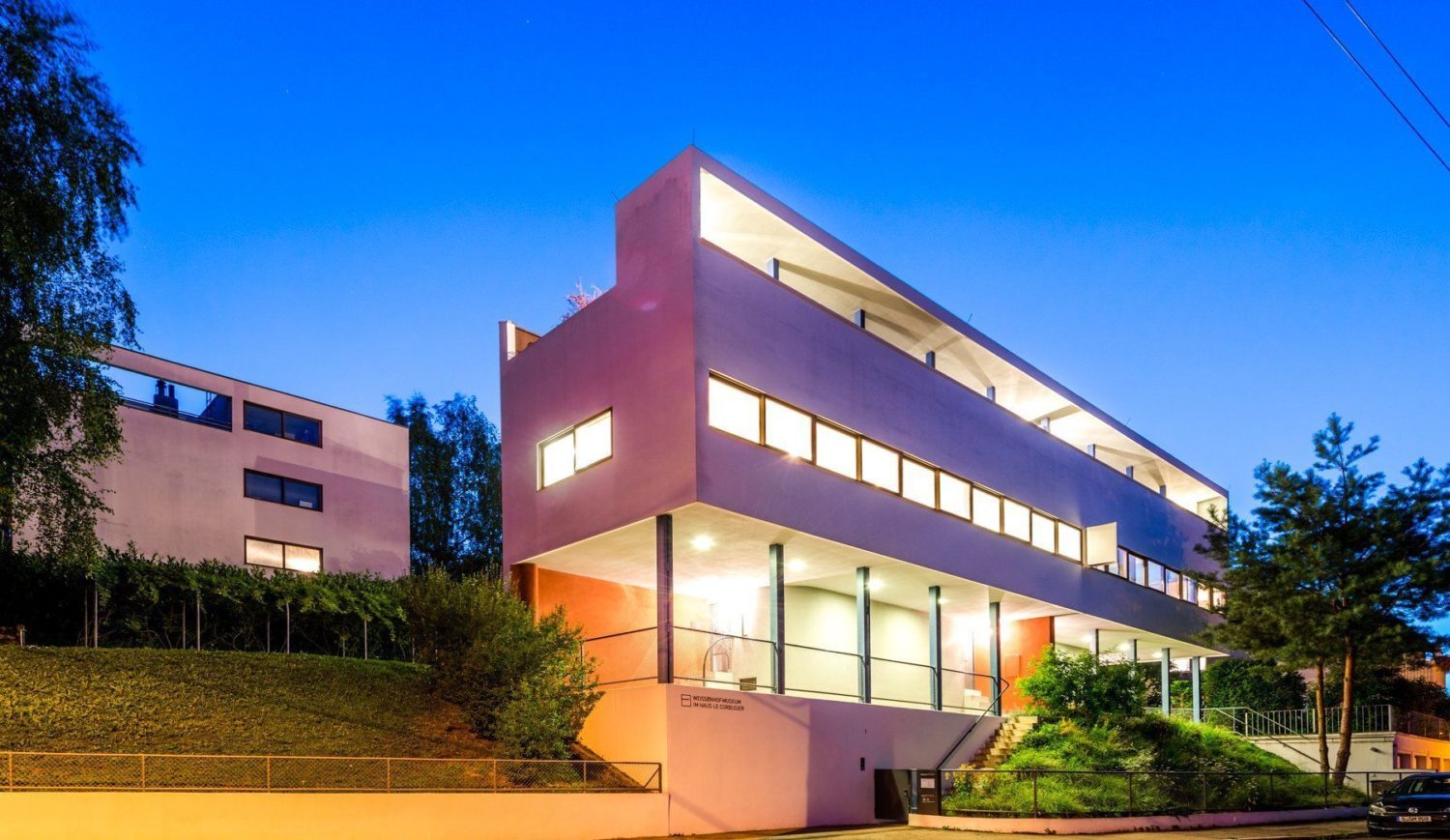
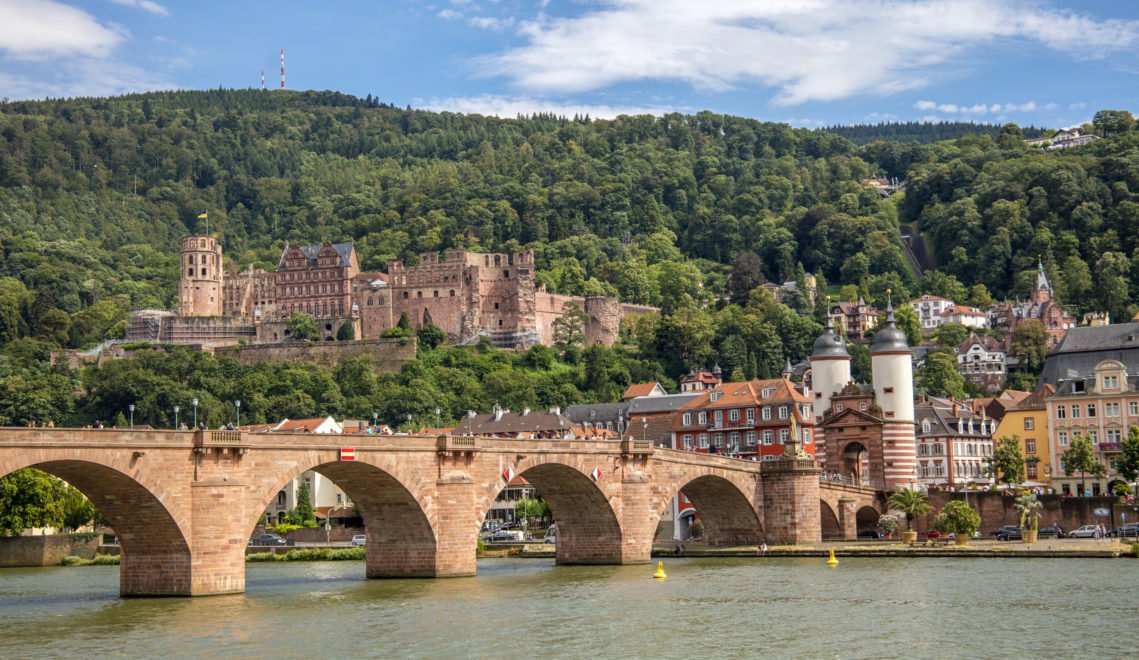
Baden-Württemberg is the third-largest state in Germany, and in 2019 there were about 57 million overnight stays. And even these, rather bizarre figures help to understand the southwest: The state capital Stuttgart is Germany's largest wine-growing community with 400 hectares of vines - and celebrates this with many charming wine festivals along the Neckar River. At 1,493 meters, the Feldberg in the southern Black Forest is the highest mountain in the state. And 8.5 million pieces of Black Forest ham are produced every year.
The aforementioned Maultaschen and Spätzle, plus local fish such as trout and whitefish, fine beers, great wines - all of this simply belongs to Baden-Württemberg. Regional producer groups produce high-quality regional foods all over the state. Small family breweries produce beers that are often sold only within a relatively small radius. Or expressed in numbers: 185 breweries produce more than 1000 types of beer. And especially from the Rhine Valley and the region Stuttgart come top white and red wines. Some of the wineries are now also destinations for architecture fans - so interesting do avant-garde cellars and salesrooms blend into the landscape. No other state has more stars than Baden-Württemberg: currently, there are 77 starred restaurants and 86 Michelin stars. This is a good counterpoint to the many cozy little taverns, where the food is often excellent, but more traditional.
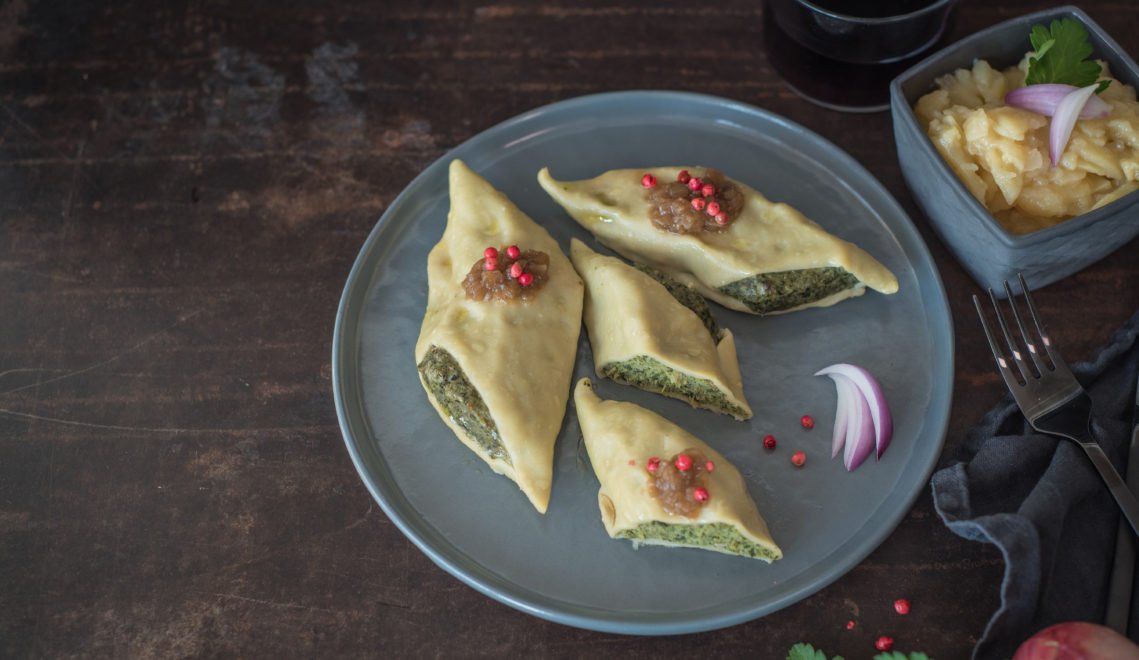
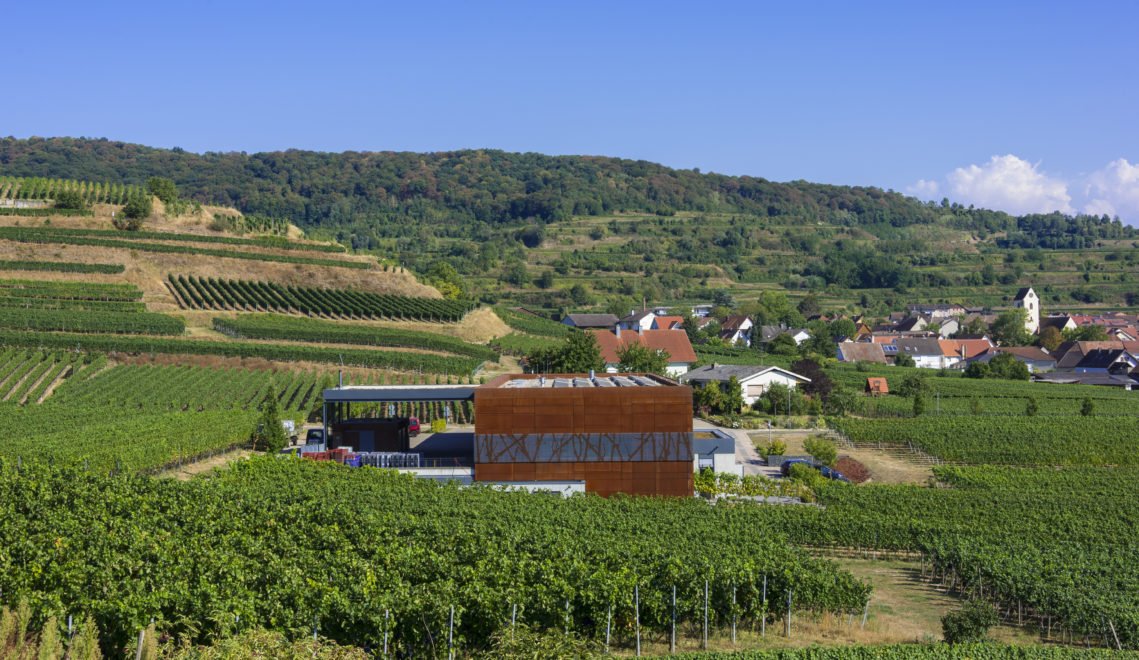
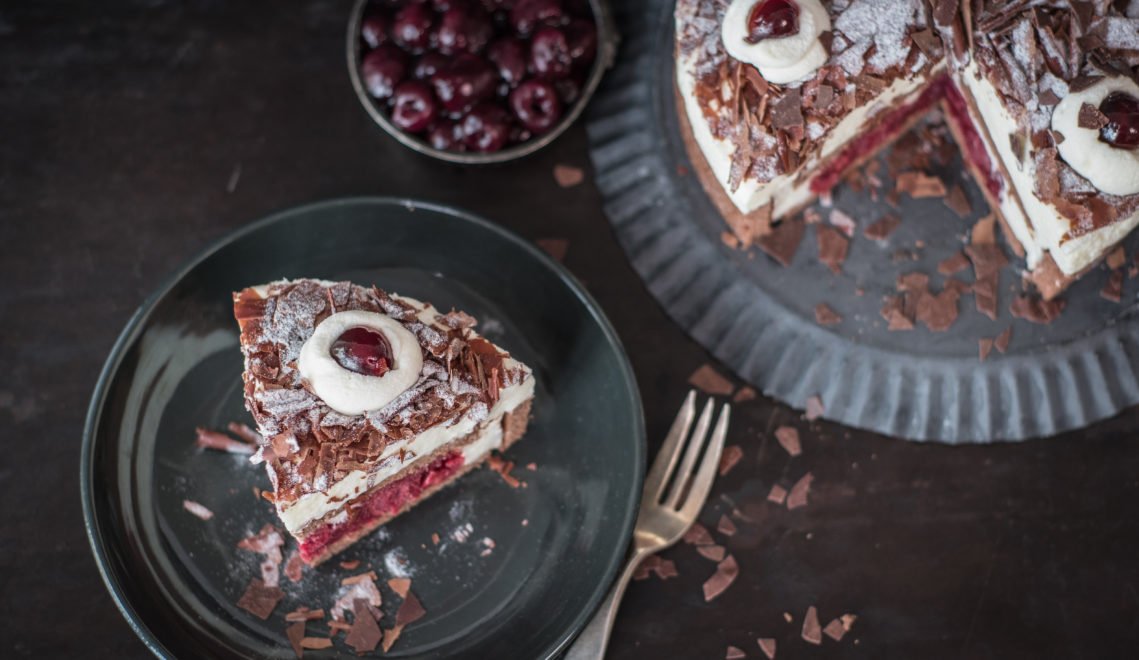
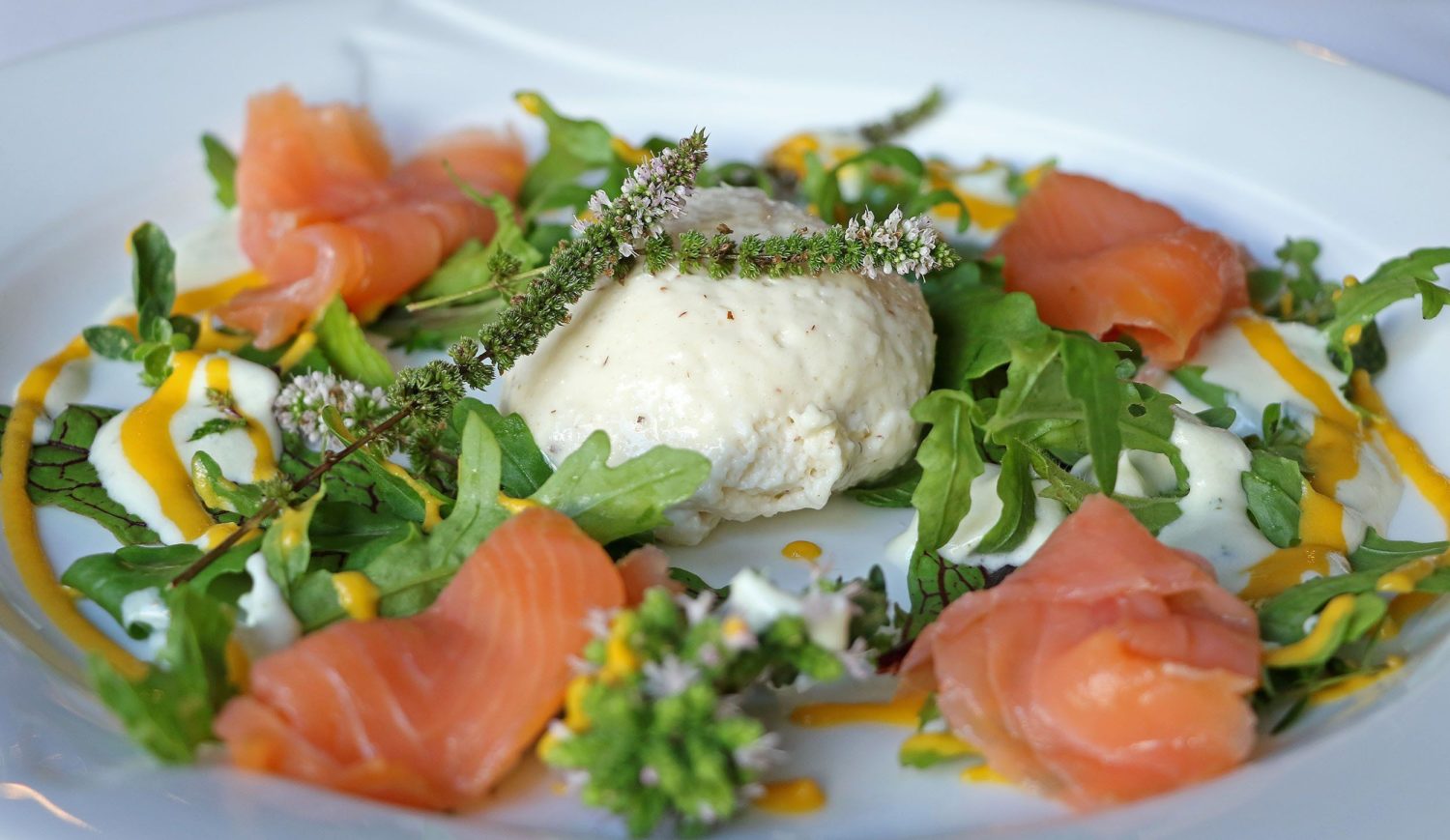
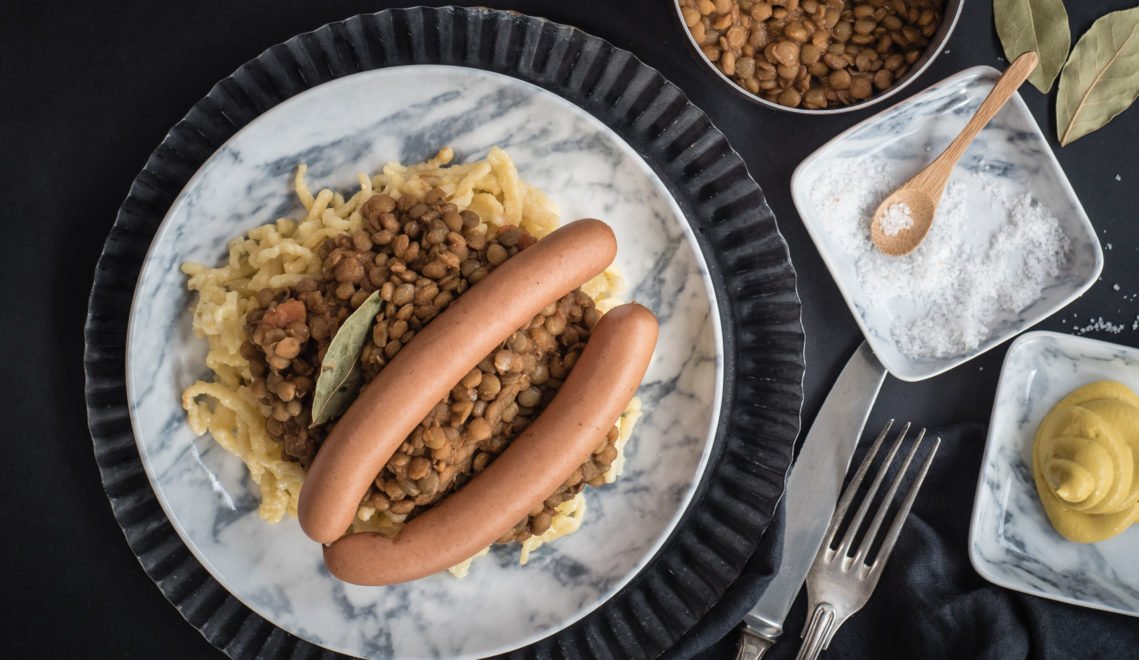
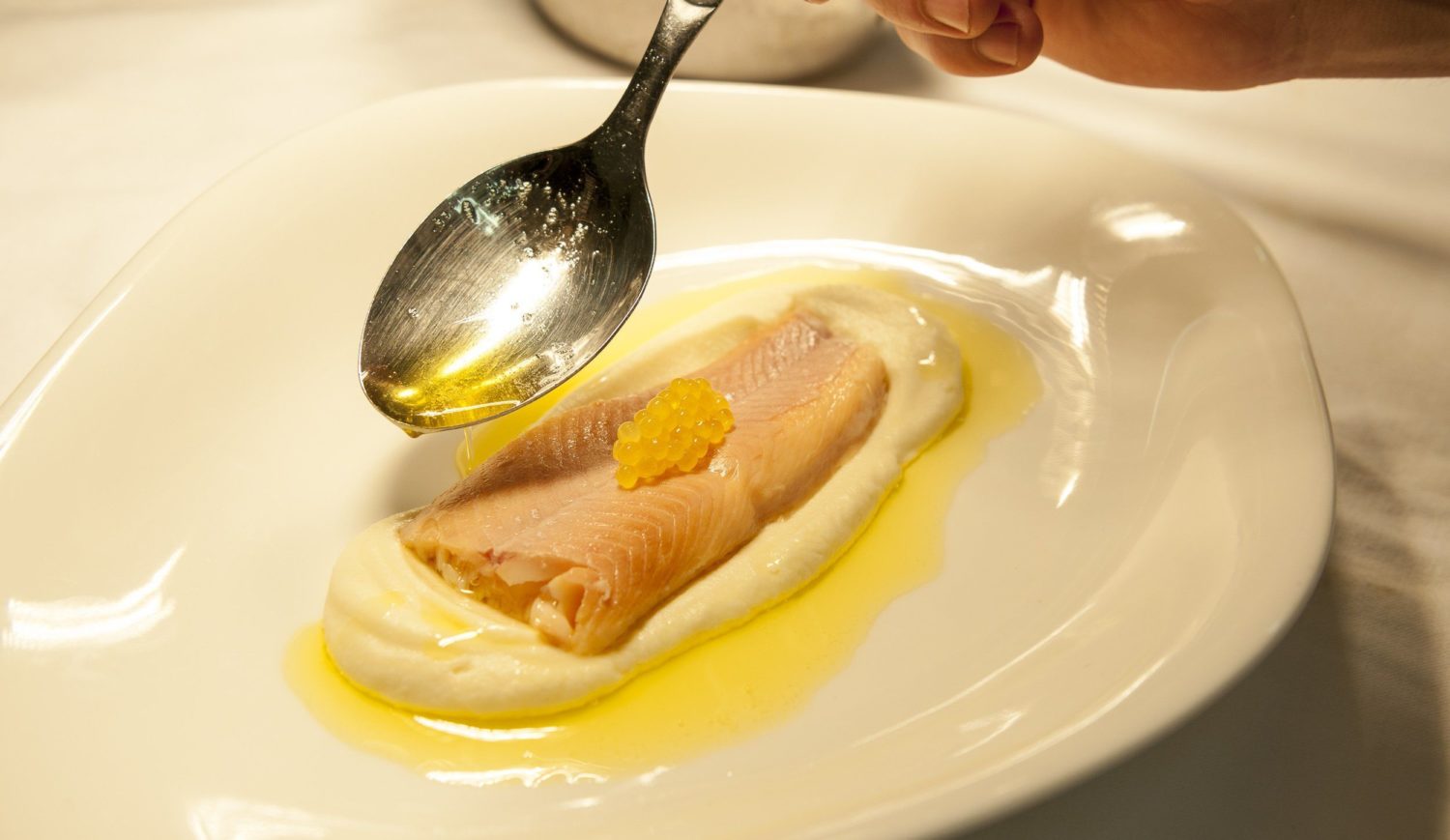
Cover image: You can overlook the vast landscape of Baden-Württemberg from the Besigheim rock gardens © Gregor Lengler